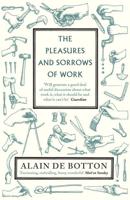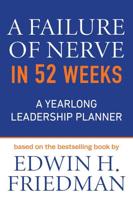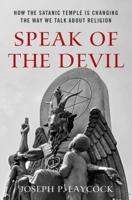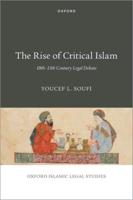Publisher's Synopsis
"Ubi Petrus Ibi Ecclesia" Where Peter is, there is the Church. Jesus founded the Catholic Church on the rock, Peter, the first Pope. Many powers were given to Peter, which are transmitted to his successors until the end of time. Theologians consider these prerogatives of the Pope an essential part of the Catholic Church. Remove any of these attributes of the Pope, and the Papacy ceases to truly exist. The Pope, as Bishop of Rome is not merely the first among equals, but the head of the Catholic Church. In fact, the Church would not truly be Catholic and Apostolic without a visible head. The Pope is the successor of Saint Peter and the Vicar of Jesus Christ. In fact the unity of the Church depends on this visible head of the Catholic Church. In the past century and a half, the doctrine of the Papacy has been attacked from all sides, including from theologians who claim to be Catholic, but truly are not. First of all, one must consider just how a man becomes the Vicar of Jesus Christ. The method of election has varied over the centuries, and some of these elections have been irregular. The conclave came into being at the earlier part of the last millennium. What would happen, if all of the Cardinals were killed, while the Papacy was vacant? How would the Church supply herself with a Pope? This is not an idle question in this age of terrorism. This work contains commentary on the various Papal elections laws from history. Who is capable of being elected Pope? How do we determine who are papabile? Once we have a Pope, what are his rights and duties as Pope? What would happen, if he fell away from the Catholic Faith? How would the Church handle such a catastrophe. What if the Pope is merely an evil man? Can the Church do anything to straighten the Pope out? What are the duties of Catholics to the Pope? How extensive is the authority of the Pope?









